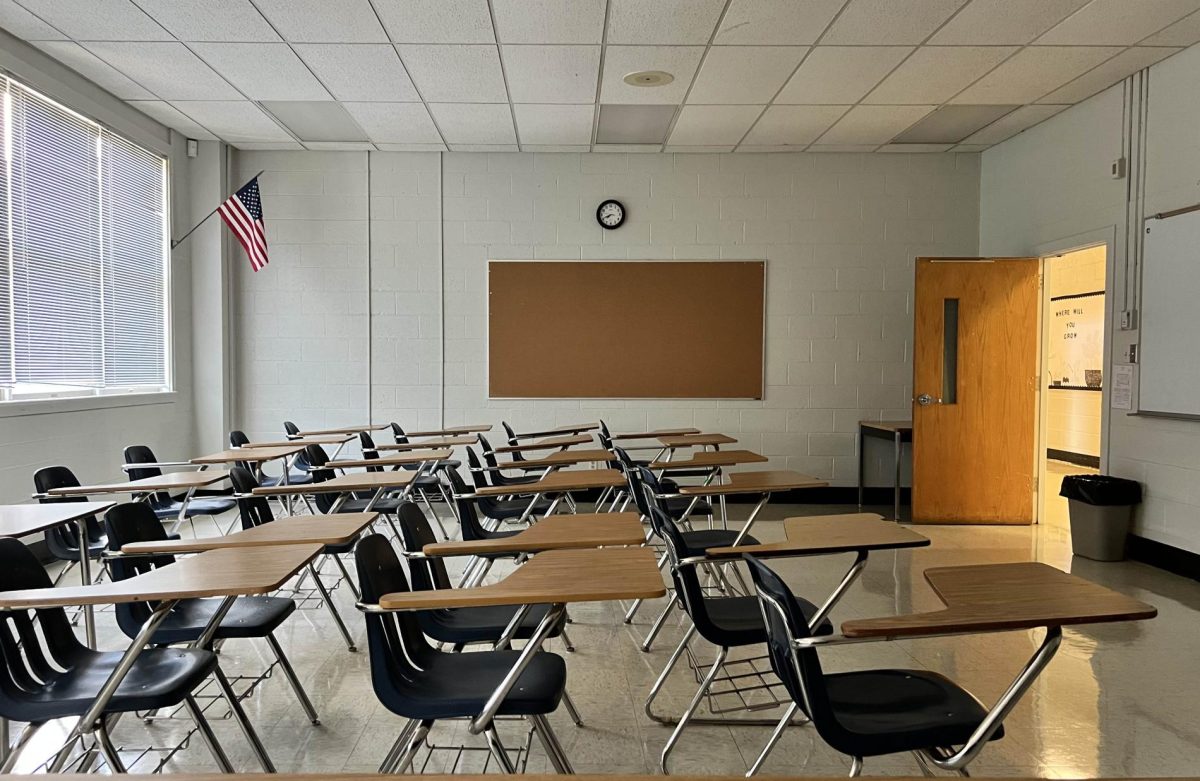
I’ve been a teacher for four years, and a mother for one. People are always asking me, “How is the baby? How is she doing?” or “How is school going? How are your kids this year?” I know what they want to know: Is the baby walking? What words can she say? Is she meeting all of her milestones? Does she sleep through the night? Are the kids at school behaving? Are they doing well with their work? How’s their writing?
I know this is what people are really asking, because this is how we measure success. We look at scores, and data, and percentiles, and we long for quantifiable evidence that we are doing well and that what we do matters.
When I take my daughter to the doctor, there’s a fifty question survey waiting for me so that I can tell them “how she’s doing.” That survey cares about how many steps she can take before she falls, and if she points with an open or closed hand, but it doesn’t ask about how much she smiles at her dad and I, or what makes her laugh, or how much she loves animals. People ask if my daughter is “smart” and they want to hear about how many words she can say or if she can do puzzles, but I don’t keep track of that nearly as much as they think I should. I’m more impressed that right before bed time she goes to get the dog bowls and tries to get their food out of the bin for them. Her kindness and care are more valuable to me than the words she can (or can’t) say yet.
When I taught middle school, we waited for EOGs, because that score determined whether or not we had been successful that year. What the EOG didn’t measure was the girl that didn’t speak at the beginning of the year, but now boldly raises her hand to participate in class discussion, or the boy that spent every day in ISS last year for fighting that now gets along with all of his classmates.
In high school, it’s the EOCs and ACTs, and they make teachers just as anxious as they do the students because we know that they measure us just as much as they do them. I take it personally when a student’s lowest score is in English, and I spend hours planning exercises and activities to help them learn where commas go, because that’s how I’m told I measure my success as a teacher… But where’s the test that measures how safe my students feel in my room? How do you quantify getting invited to a student’s quince or getting asked to come watch them play football? Where’s the questionnaire that asks if your old students come to visit you just to let you know that they’re doing well?
Am I measuring wrong? Or do we need a new way to measure success?